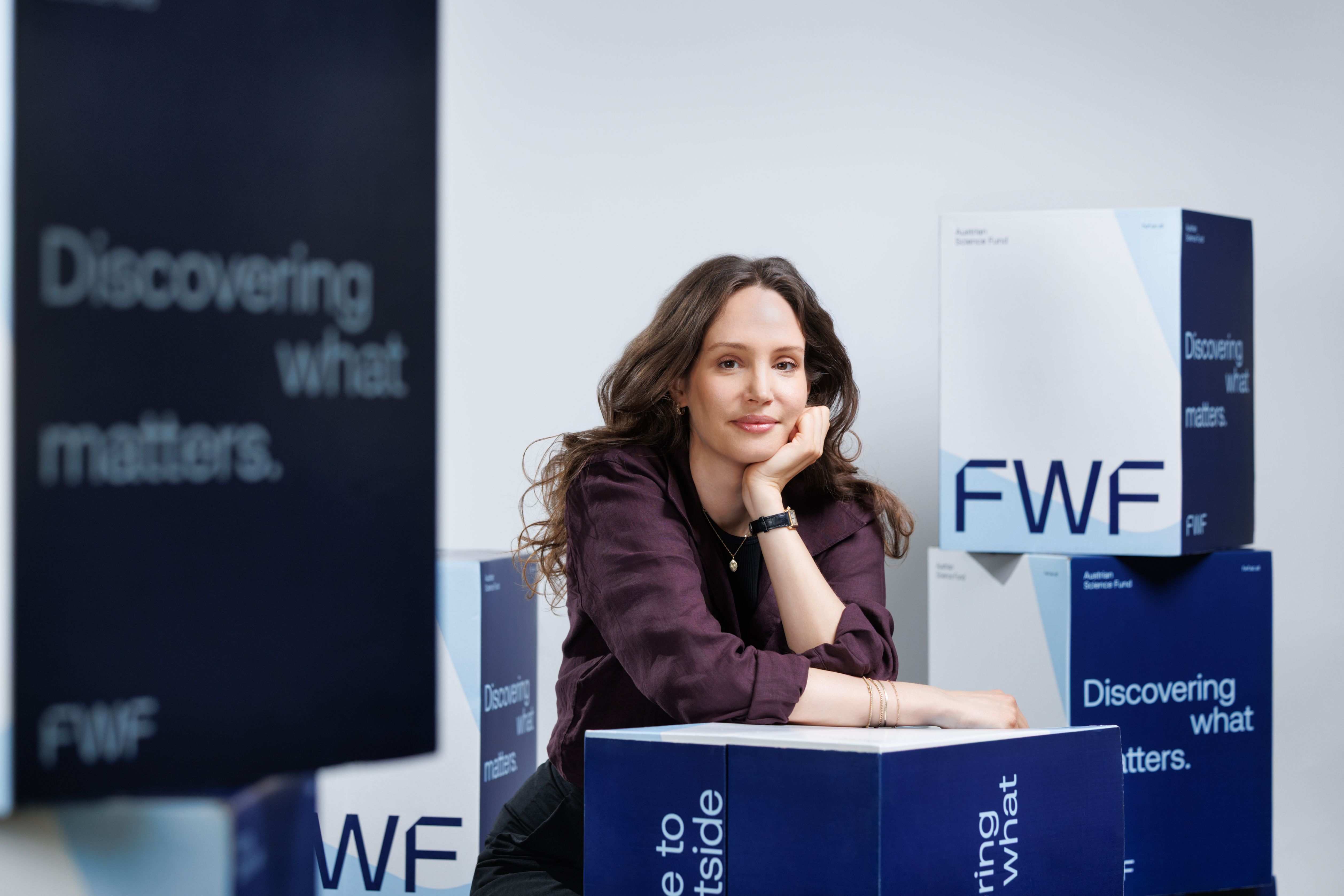
(Vienna, 26 June 2025) Since 2024, the FWF has been offering a new career support programme, the FWF ASTRA Awards, to enable advanced postdocs in Austria to reach the top of their research field. Anne Miller from the Center for Pathobiochemistry and Genetics at the Medical University of Vienna has now been awarded one of the 18 prizes, each worth around one million euros, for her research on cell metabolism.
In order to function, cells must distribute their biochemical reactions across different subcellular compartments. According to textbooks, mitochondria are the "power plants" of the cell, while the cell nucleus is considered a metabolically inactive genetic centre. In her research project, biochemist Anne Miller from the Centre for Pathobiochemistry and Genetics at MedUni Vienna challenges this view. She is investigating evidence that metabolic processes also take place in the cell nucleus that influence important decisions made by the cell. Using liver regeneration as an example, she and her team are investigating which metabolic pathways are active in the cell nucleus and how they control gene regulation.
To this end, the group is developing new methods that allow biochemical processes to be visualised with the highest spatial resolution. The findings have the potential to fundamentally change our understanding of cell metabolism. "I have always been fascinated by how metabolic reactions dynamically adapt through space and time driving my research to develop innovative solutions for long-standing scientific questions spanning fields from immunology to neuroscience," says the FWF-ASTRA award winner.
The FWF-ASTRA Prizes were established to enable advanced postdocs in Austria to make the leap to the top of their research field. According to the FWF, the prizes offer "outstanding researchers the conditions they need to carry out long-term research projects at the highest international level, consolidate their own research profile and thereby qualify for a leading academic position". This year, the FWF awarded 18 scientists, half of whom are women, with an FWF-ASTRA Prize worth around one million euros each. Their project ideas were selected in a highly competitive selection process involving a hearing before an international jury. The thematic diversity across all areas of basic research is reflected in the distribution by discipline groups: approximately one third of the funded projects come from the natural sciences and technology, one third from biology and medicine, and one third from the humanities and social sciences.